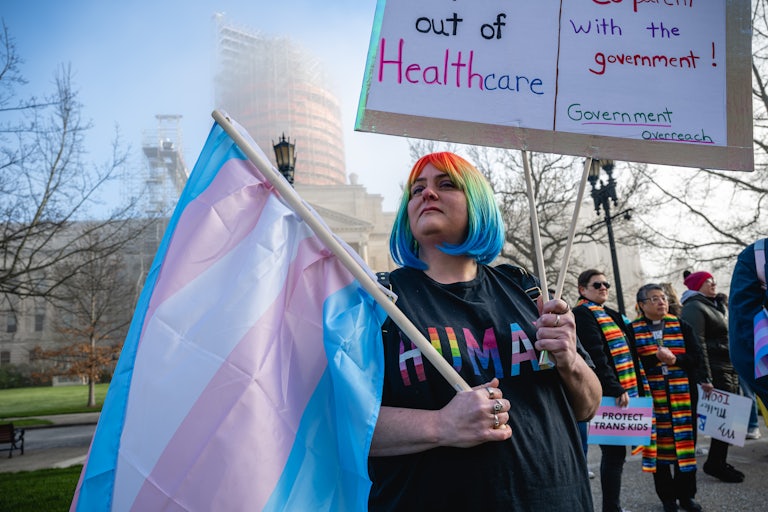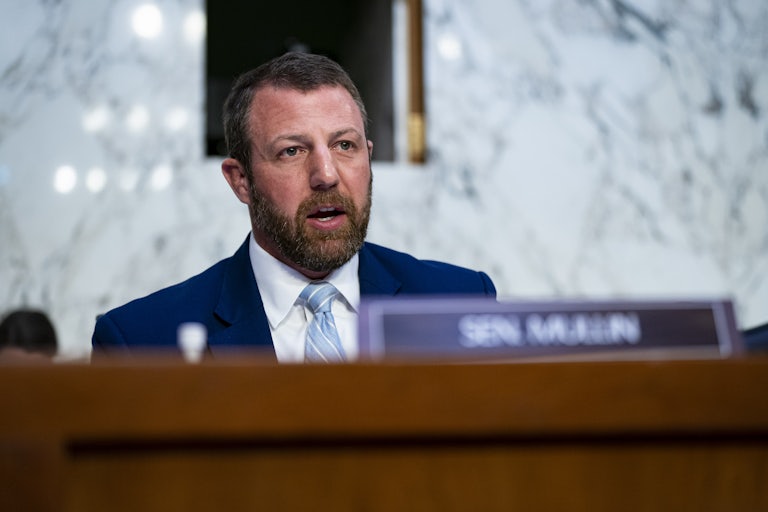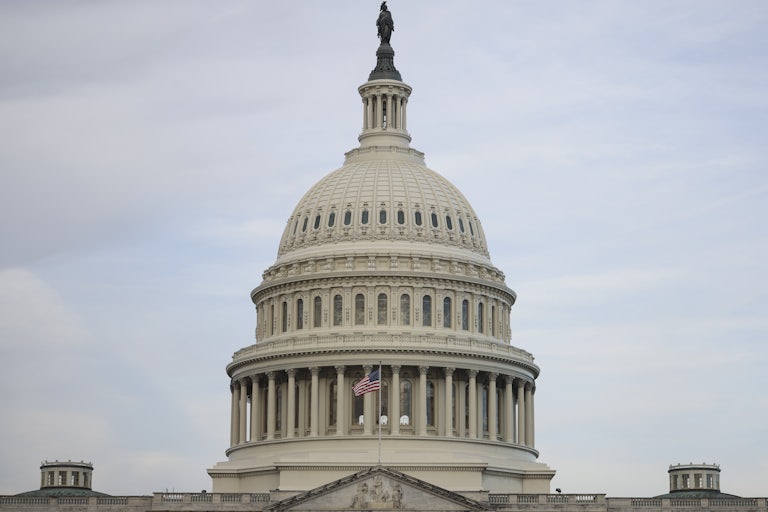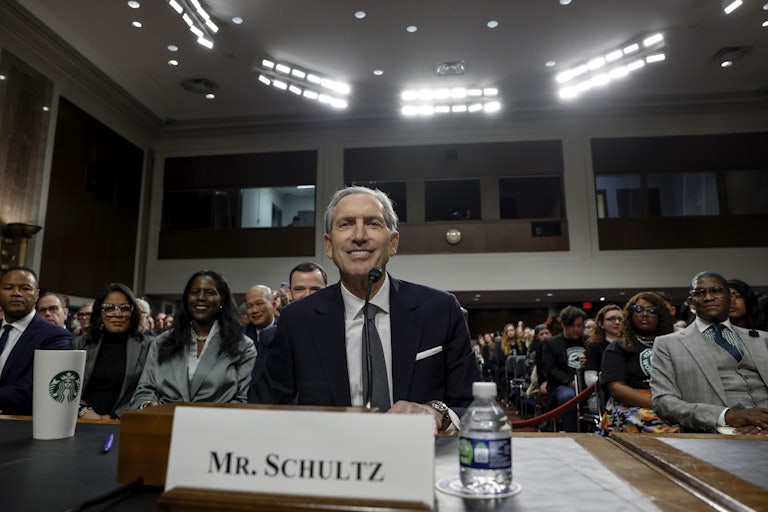Black Californians Owed More Than $800 Billion in Reparations, Economists Say
The estimate comes as a California task force considers how to compensate for centuries of harms to Black Americans.
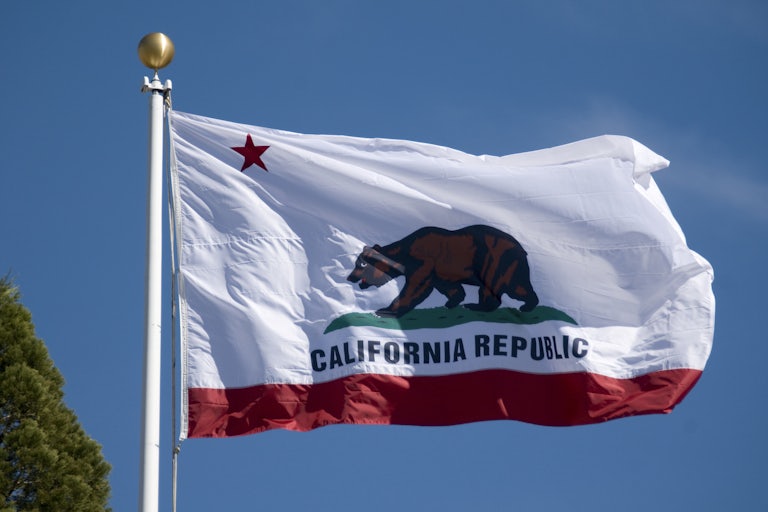
Economists told a California state task force Wednesday they estimate that Black residents are owed more than $800 billion in reparations for harm caused by centuries of slavery and systemic racism.
The case for reparations has been made many times in recent years, particularly after the murder of George Floyd in 2020. California was the first state to establish a task force to determine how to compensate for the legacy of slavery and racist policies made after the practice of enslaving people was abolished, both of which have crippled Black people’s economic mobility.
Economists presented the task force with a preliminary estimate Wednesday that does not include either a recommended $1 million lump sum to each older Black resident for health disparities or compensation to people who had property unjustly taken by the government or a business devalued.
The reparations committee is due to give a final report on July 1. Until then, it can accept or reject proposals, including the economists’ budget.
“We’ve got to go in with an open mind and come up with some creative ways to deal with this,” Assembly member Reggie Jones-Sawyer, who sits on the task force, told the Associated Press.
The task force can make suggestions in its July report, but the final call rests with the state legislature and Governor Gavin Newsom. It’s unclear when—or if at all—Black Californians will start receiving payments, because the preliminary estimate is 2.5 times more than California’s annual budget.
“How do you compensate for hundreds of years of harm, even 150 years post-slavery?” Senator Steven Bradford asked.
Critics of reparations in California argue that it’s unreasonable to pay in a city or state that never enslaved Black people. But advocates note that the majority of data and historical evidence shows that after slavery ended in 1865, policies and practices across the nation helped curb the rights of Black Americans.
San Francisco was the first major city to propose a reparations plan, putting forth a sweeping draft in December that includes eliminating personal debt and tax burdens, a guaranteed annual income for 250 years, and family housing for just $1. The city’s reparations committee has until June to produce a final report.
The Chicago suburb of Evanston was the first city to begin paying reparations, while Boston and Asheville, North Carolina, are also considering compensation measures.
Texas Representative Sheila Jackson Lee introduced a bill in 2021 to develop a reparations study task force. President Joe Biden has expressed support for studying reparations, but he has yet to back Lee’s bill, and the issue has yet to be seriously discussed at the federal level.

